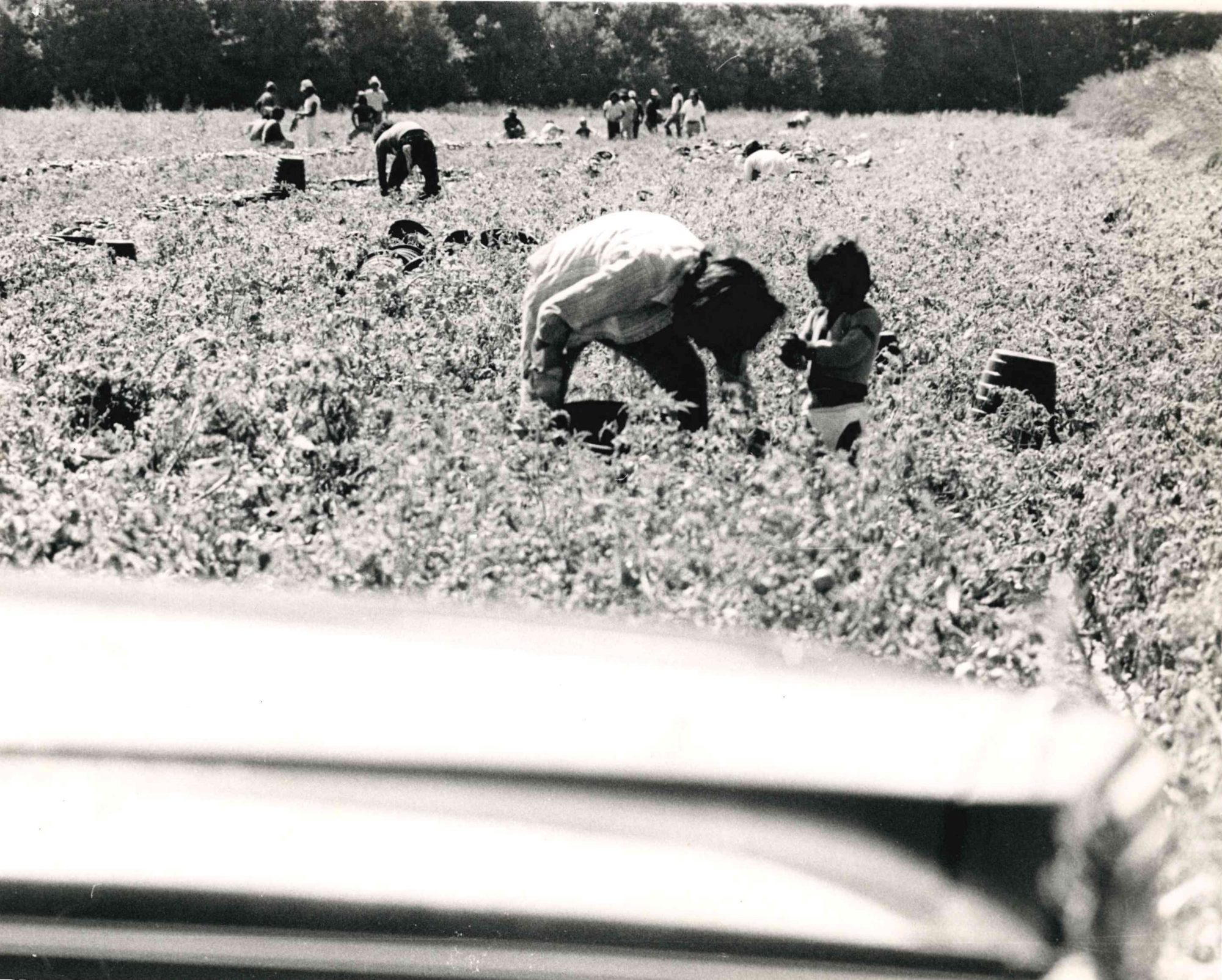On World Children’s Day we are calling attention to the thousands and thousands of children who work in agriculture, often in hazardous and dangerous conditions. In the United States, more children die working in agriculture than in any other industry. A report by Human Rights Watch sheds light on the use of child labor in the tobacco fields in North Carolina, where children are exposed to extreme temperatures, dangerous pesticides, and become ill due to nicotine poisoning. The report directly calls out the large retailers and manufacturers, like British American Tobacco, who make billions of dollars each year at the expense of children’s safety. Want to fight exploitation and child labor? Join our current campaign against big tobacco.
To truly address the problem of child labor in tobacco, effective reporting mechanisms must be established in the fields, and adult workers must receive wages that allow them to support their families and send their children to school rather than work. FLOC has ample experience combatting child labor and eliminated the practice in the cucumber industry in Ohio and Michigan in the 1990s.
In the late 1980s, around 15% of the labor force in the cucumber fields was under 14 years old. Families were living in slum-like conditions, lacking running water and adequate bathroom facilities, there was a significant infant mortality rate and a dismal life expectancy of 56 years old. To create a world in which children would go to school and graduate, parents would live to see their children grow up, and families had safe and sanitary living conditions, required a systemic change. After organizing workers and signing an agreement with large agricultural retailers, FLOC got to work.
First, FLOC changed the status of farmworkers from independent labor contractors to employee status, allowing workers to receive benefits like unemployment and social security, greatly reducing workers’ vulnerabilities. We then increased wages. It’s important to realize that many children work because of need. Families were reluctant to send their children to school fearing income loss. To counter this, we increased wages that not only offset what would be lost once children stopped working, but greatly improved families’ standard of living. We then worked with allies to advocate for additional funding for HeadStart programs to ensure there was space for all children and that programs lasted until 6pm so parents would be able to pick up their children after working. Finally, we leveraged available funding at the State level to renovate migrant housing.
In the span of less than 10 years every child 16 and under was accounted for and enrolled in an educational program, 70% of housing was renovated giving families their own space and private bathroom facilities, and worker wages increased by 80%.
Truly eradicating child labor and exploitation requires a worker centered approach that improves living conditions and wages. On World Children’s Day join us in the fight to eradicate child labor and exploitation of workers in the tobacco industry. Donate today and signup to stay up to date on our current campaign and events.
